Download or print
Request accessible format of this publication.
In recent years, engagement in women’s sport has increased markedly with dominance of Australian women’s teams and athletes, record crowds, and unprecedented broadcast deals and television audiences.116 Alongside increased engagement with women’s sport, Australian women have been participating more in physical activity over the past two decades.117 Notwithstanding this progress, more is needed to ensure more women and girls enjoy the benefits of sports participation and an active lifestyle.
The increase in prominence of women’s sport over recent years has been remarkable. This was clear at the record breaking 2023 FIFA Women’s World Cup™ hosted in Australia and New Zealand, which set a new attendance record for the tournament and was watched by millions around the world.
Elite female athletes are increasingly being recognised for their skill and dedication, but they continue to be paid significantly less than their male counterparts.118 The lack of pay equity in sport reflects historical and current undervaluation and underinvestment in women’s sport, as well as limited elite level opportunities for women in their chosen sport.119
This is exemplified by netball, which despite being one of Australia’s most played sports, still faces persistent undervaluation of its elite players, as highlighted by the Australian Diamonds receiving zero prize money for winning the 2023 Netball World Cup.
Pay equity for athletes is a focus of the Australian Champions of Change Coalition Sport Group which was established in 2015 and includes representatives from major sporting organisations, including the National Rugby League, Football Australia, Tennis Australia, and Cricket Australia.
The latest progress report released by the Australian Champions of Change Coalition Sport Group showed that only 12.5 per cent of member organisations had achieved pay equity at the elite level,120 highlighting that in the absence of significant action, pay equity is unlikely to be achieved in the short term.
Participation in regular physical activity and sport, particularly team-based sport, contributes to positive social, health and mental health outcomes.121
While recent data shows the sport participation gap between girls and boys is closing, it also highlights that only 23.0 per cent of girls aged 5-14 years in New South Wales are regularly participating in sport.122 Participation rates are lower for girls from some culturally and linguistically diverse groups, and from lower income households.123
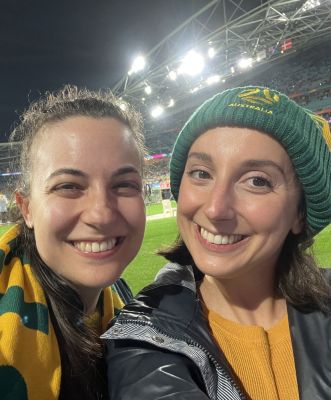
Chart 4.1: Proportion of NSW children aged 5-14 participating in sport at least three times per week over time
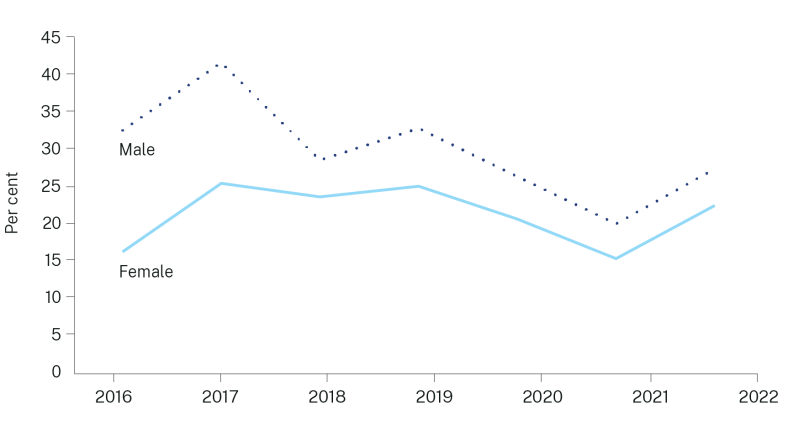
In 2022, 62.8 per cent of NSW women aged 15 years or older participated in physical activity at least three times per week, slightly more than the 59.4 per cent figure for men.124 However, as with girls, women are less likely than men to participate in organised sport.125
Facilitators of participation in organised sport include parental and family support, peer interaction and social engagement, positive, safe, and accessible facilities, and a desire to maintain physical health and fitness.126 Cost, other commitments, lack of confidence and a fear of being judged are barriers for women and girls.127
As part of the NSW Government’s commitment to increasing participation in sport by women and girls, this Budget invests $30.0 million to establish the Level the Playing Field Female Facilities Fund. This will fund sporting organisations to deliver new and upgraded facilities including change rooms and bathrooms, new playing areas and lighting to allow increased safety and playing capacity.

to establish the Level the Playing Field Female Facilities Fund
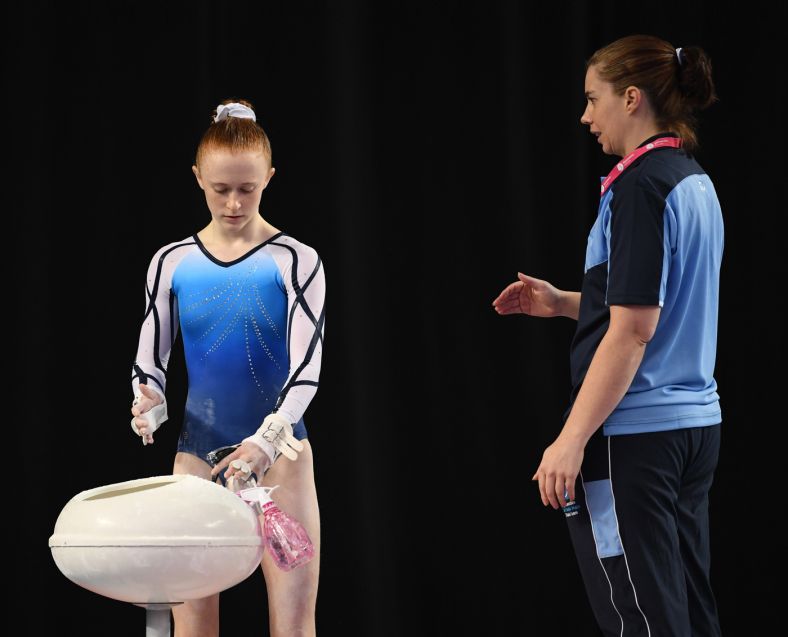
This Budget also invests a further $17.7 million over three years in the Organisation Support Program. This program assists sporting bodies to build capacity, invest in governance and deliver sport and recreation activities at all levels in New South Wales. In addition to their current outcomes, the Office of Sport will agree on new outcomes with State Sporting Organisations on how funded programs will increase women and girls’ participation in sport.
Shifting biases and providing more pathways for women to fill leadership roles in sport is critical to improving gender equality.
Despite increased participation and engagement with women’s sport, roles in leadership, coaching and officiating continue to be male-dominated.128
Shifting biases and providing more pathways for women to fill leadership roles in sport is critical to improving gender equality. In addition, there is increasing evidence that greater gender diversity in leadership and governance improves organisational performance.129
Despite some progress over recent years, in New South Wales, only 37.1 per cent of State Sporting Organisations have 50 per cent or more female representation on their board and only one third have a female Chief Executive Officer.130
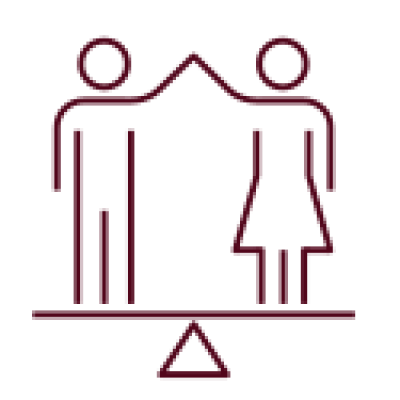
of State Sporting Organisations have 50 per cent or more female representation on their board
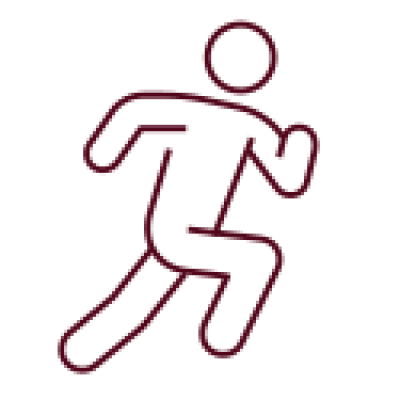
of coaches employed by the NSW Institute of Sport are female
Coaches have a significant role within every sporting organisation.
Coaches have a significant role within every sporting organisation to promote participation, influence culture, and improve individual and team performance. However, due to a range of factors, including perceptions that women are not ‘tough enough’ for elite sport, coaching is another role where women are under-represented.131
In New South Wales, 38 per cent of volunteer coach, instructor or trainer roles were held by women in 2021.132 At the high-performance coaching level, 33 per cent of coaches employed by the NSW Institute of Sport are female, and 24 per cent of coaches in combined codes of W-League, Women’s Big Bash League, Women’s Basketball League and National Rugby League Women are female.133
Enabling more women to be coaches from grassroots to elite levels recognises the valuable skills and experiences that female coaches can bring and will create a more inclusive and diverse sports culture.
The NSW Government is investing a further $250,000 to support the ongoing delivery and expansion of Sport NSW’s Fast Track for Female Coaches and other female sporting leadership programs. These targeted programs aim to build capability, provide mentoring, and further develop the leadership and coaching capabilities of women in sport.
Chart 4.2: Female representation on NSW State Sporting Organisation boards 2021-22
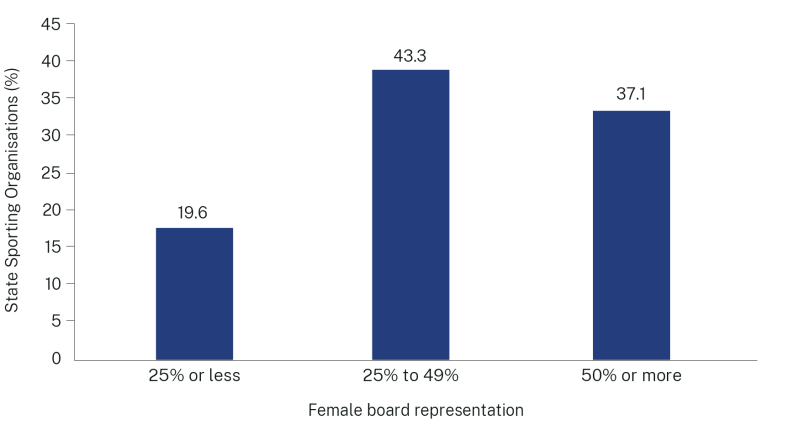
Request accessible format of this publication.